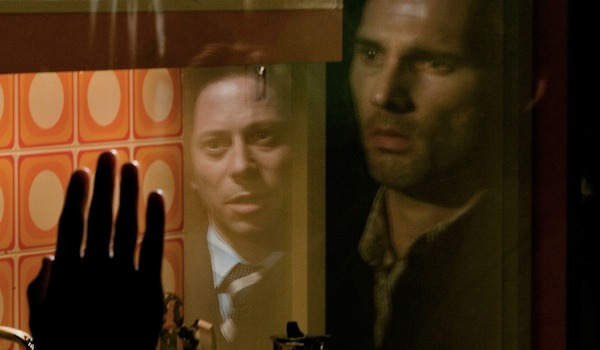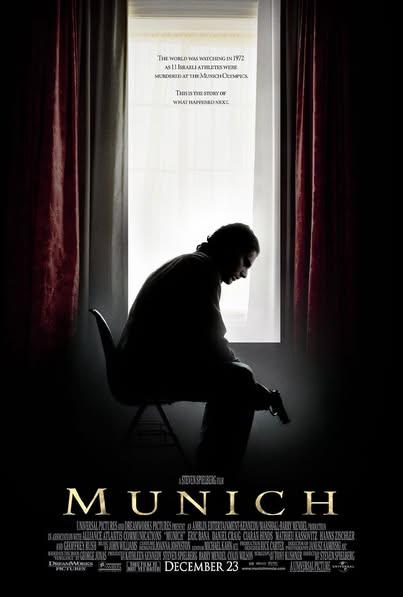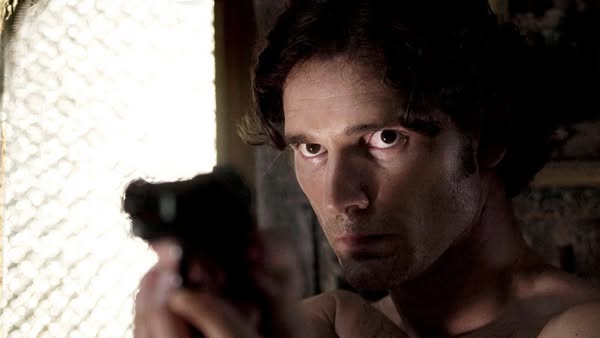Munich (2005)

Munich is a gripping historical drama released in 2005, directed by Steven Spielberg. The film is inspired by the real events surrounding the aftermath of the 1972 Munich Olympics, where a Palestinian terrorist group known as Black September took Israeli athletes hostage, leading to a tragic standoff that ended with the deaths of the athletes and the terrorists.
The narrative follows a covert Israeli operation led by Avner Kaufman (Eric Bana), a Mossad agent tasked with tracking down and assassinating those responsible for the Munich attack. As Avner and his team—comprising a diverse group of operatives—embark on a mission across Europe, the film explores the moral complexities of revenge and the impact of violence on both the victims and the perpetrators.

Spielberg’s direction is both intense and thoughtful, capturing the emotional weight of the characters’ actions while also delving into the political and ethical implications of their mission. The film raises questions about justice, morality, and the cycle of violence, prompting viewers to reflect on the broader context of the Israeli-Palestinian conflict.
The performances are powerful, particularly Eric Bana’s portrayal of Avner, who grapples with the psychological toll of his mission. The supporting cast, including Daniel Craig, Ciarán Hinds, and Geoffrey Rush, delivers strong performances that add depth to the narrative. Their interactions highlight the camaraderie among the team, as well as the growing tension and doubts that arise as they continue their operations.

The cinematography by Janusz Kamiński is striking, capturing both the beauty and the brutality of the settings. The film’s pacing builds suspense, leading to intense action sequences that are both thrilling and harrowing. Spielberg’s use of sound and music further enhances the emotional impact, creating an atmosphere of tension and unease.
Munich does not shy away from depicting the harsh realities of its subject matter, making it a thought-provoking film that challenges viewers to confront difficult questions about revenge, justice, and the consequences of violence. The film’s exploration of the human cost of conflict resonates deeply, emphasizing that the cycle of violence often leads to further suffering.

In summary, Munich is a powerful and poignant film that combines historical drama with moral inquiry. Through its compelling narrative and strong performances, it invites viewers to reflect on the complexities of vengeance and the enduring impact of trauma, solidifying Spielberg’s reputation as a master storyteller.











